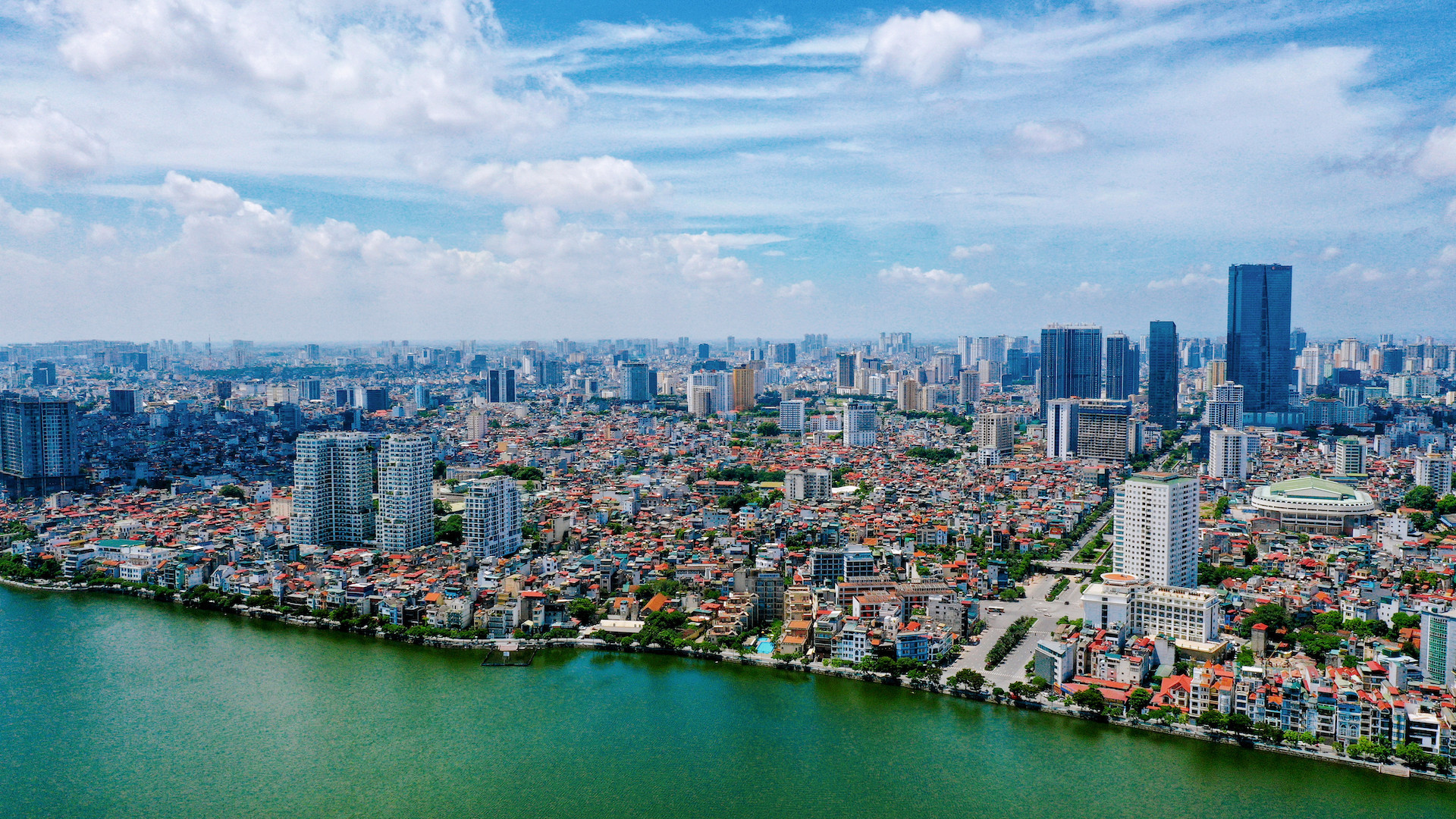
The National Assembly’s 7th session is scheduled to consider and approve the amended Law on Capital City. The law stipulates specific policies applied to Hanoi, not to other localities.
One of the policies the government wants to restore is project implementation under the BT mode, which was eliminated in 2020, after the PPP (private public partnership) Law 2020 took effect. It aimed to attract more private investment to the development of Vietnam's infrastructure
BT contract is understood as the contract between competent agencies and investors to build infrastructure works; after investors transfer the infrastructure works, they will get paid from the state budget wither in money or in land.
BT contractor revival
If the proposal gets approval, Hanoi will become the second locality in Vietnam, after HCM City, to deploy BT projects after the 2020 Law on PPP.
Under the government’s proposal, BT projects will be applied to projects in the fields of transport, water drainage, waste water treatment, and environmental pollution treatment, and irrigation technical infrastructure.
Before the Law on PPP 2020 took effect, Hanoi had implemented a series of BT projects with payments in land and in money.
Hanoi now needs to implement transport, water drainage, waste water treatment at Nhue, Day and To Lich rivers, so it needs to arrange capital, mobilize social resources, and apply diverse cooperation models to attract investment.
In such conditions, executing the projects under the BT mode and with payment in cash or land is a solution.
The concept ‘BT contract’ in the draft Law on Capital City is similar with the National Assembly’s Resolution 98 on piloting specific mechanisms and policies for HCM City development.
However, the payment mechanism designed for Hanoi is more open than that for HCM City. In addition to payment in cash, investors may get paid in land. The mechanism had been applied by the time the 2020 Law on PPP was enacted (Decree 63 released in 2018 on PPP investment).
Another difference in the PPP mode applied to Hanoi is the time to choose the BT project investors. Under the draft decree on the capital city, the selection of investors will be implemented after basic design (first-step design) gets approval. In HCM City, the policy will be applied only after the second-step design is approved.
As such, BT projects in Hanoi not only can apply a more flexible payment mechanism, but also can be implemented earlier.
Land exchanged for infrastructure
The time the National Assembly considers and approves the amended Law on Capital City is near, and it is necessary to thoroughly consider the feasibility of the revival of the BT mode with payment in land.
Experts have mentioned the problems arising during the implementation of BT projects in the period before the Law on PPP 2020 took effect, especially problems in making payment in land.
Many wrongdoings were found when investors, instead of money, got payment in land plots and they used the land to develop reciprocal projects to recover capital without auctions for land-use rights.
It was the wrongdoings which led the National Assembly to stop BT projects, commencing from August 15, 2020.
The National Assembly’s Resolution 98 on specific mechanisms and policies to develop HCM City only mentions payment in public investment capital, not payment in land.
Therefore, it is necessary to thoroughly analyze the impact of BT projects with payment in land, so as to design feasible solutions to fix the problems of the model.
A solution has been suggested that bidding must be organized to select investors of reciprocal projects at the same time as the bidding for choosing BT project investors. The regulation would help prevent investors from getting land allocated to reciprocal projects without bidding.
However, the suggestion needs more consideration. The latest version of the draft law only mentions payment for BT contracts in land if the investors who win the bids to implement BT projects are the same investors implementing reciprocal projects. And it is still unclear what to do if the investors implementing BT projects and the investors implementing reciprocal projects are different.
Nguyen Van Dinh